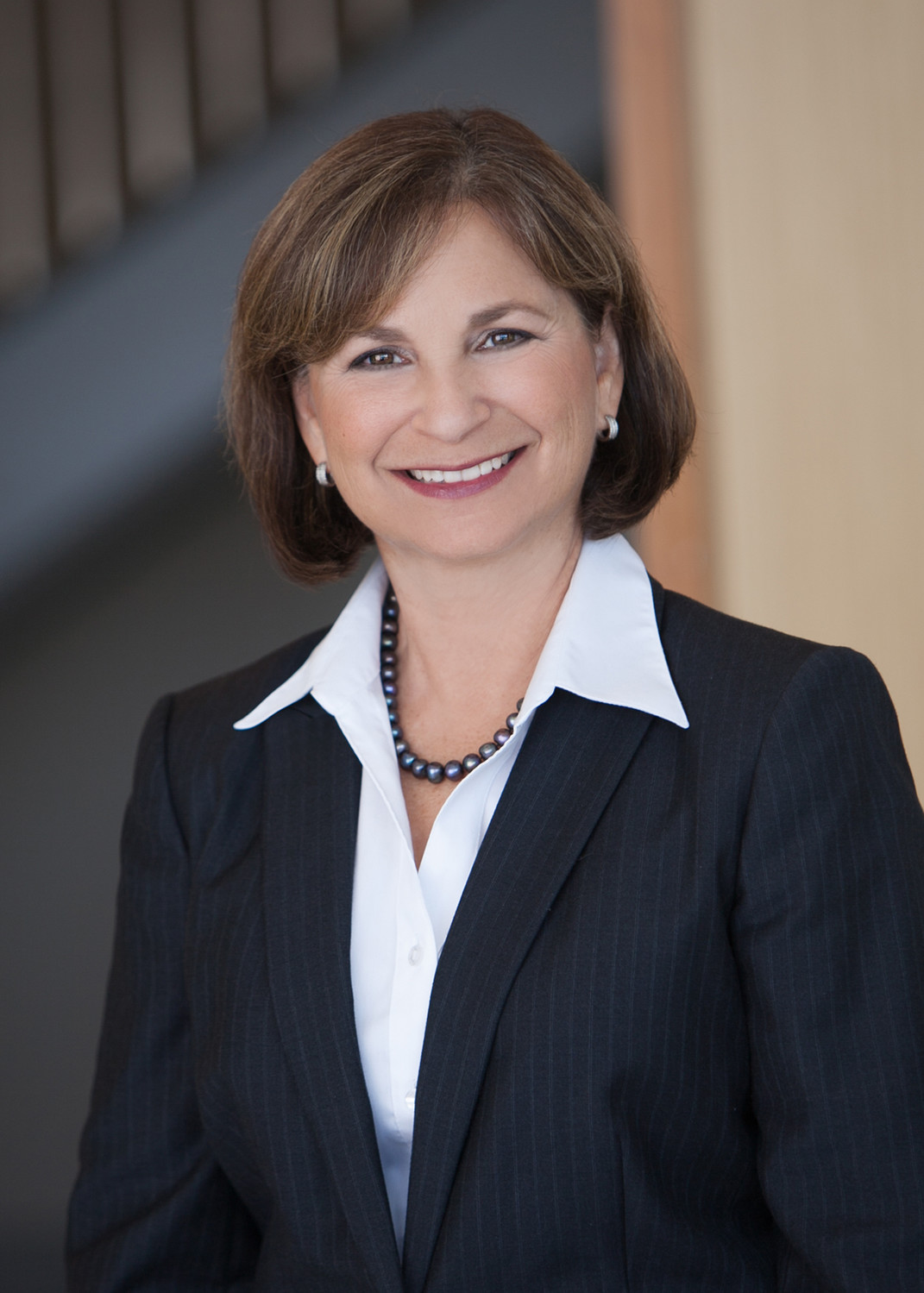How to connect with local people with intellectual and developmental differences
March is Developmental Disabilities Awareness Month, and now is the perfect time to make a lasting connection to someone in our community who has an intellectual and developmental difference (IDD) like Down syndrome or autism spectrum disorder. (Intellectual and developmental disabilities are defined as a group of disabilities that begin at birth or in childhood that can affect a person’s intellectual, physical and emotional development.)
People with IDDs can form strong personal connections just like anyone else, but many people feel uncomfortable or don’t know how to approach them. That’s why Delores Barr Weaver, through her fund at The Community Foundation, collaborated with four local nonprofits to launch Connectable, a community-wide awareness campaign that encourages people to become connectable to those with IDDs in whatever way they can – whether through volunteering, employment or just by learning more. The campaign also encourages people to replace words like “disabled” with “differences” to highlight the abilities of people with IDDs.
If you’re ready to connect with people with IDDs but aren’t sure how, here are a few tips for starting a conversation.
· Treat them like you would any other friend or acquaintance. People with IDDs are individuals with their own opinions, passions and thoughts. Approaching someone with an IDD for the first time is just like other first meetings. Introduce yourself, ask questions, listen and share your thoughts. Unless you know specifics about them, there’s no need to behave differently.
· Don’t speak slower or change your communication style unless they ask. Many people with IDDs can understand regular speech, so slowing down or modifying how you talk can be condescending to them. Talk at your normal speed and volume, and they will let you know if you need to change. In addition, make sure to give them time to express themselves at their own pace. Some people with IDDs may stammer or get frustrated, but don’t take it personally. Stay calm and enjoy the conversation.
· Speak directly to people with IDDs, not to other people with them. Most people with IDDs prefer to be directly addressed, even if they seem quiet or withdrawn. A frustrating, if common, experience for people with IDDs is when people hold entire conversations about them as if they are not there.
It’s always a great feeling to establish a genuine connection with someone, so never be afraid to have a friendly conversation with someone with an IDD. You can take the next steps in becoming connectable by taking the pledge at ConnectableJax.com or by getting involved with one of our area nonprofits that provide a positive system of care for those with IDDs. The nonprofits that contributed their time and expertise to launching Connectable include The Arc Jacksonville, North Florida School of Special Education, Down Syndrome Association of Jacksonville and Special Olympics Florida, but there are many others from which you can choose.
People with IDDs are an important part of Northeast Florida, and we all benefit when we recognize the many ways they are able to contribute to our lives both as individuals and as a community.
Susan Datz Edelman is the vice president of strategic communications at The Community Foundation for Northeast Florida. For more information about the Connectable campaign, visit ConnectableJax.com.







